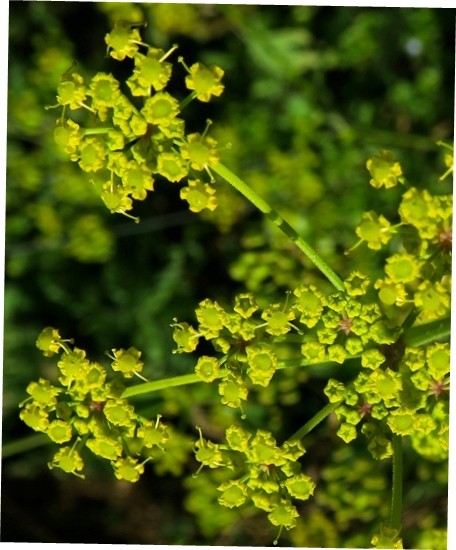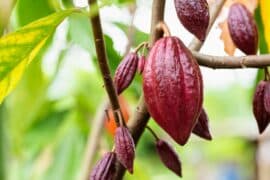Wild parsnip
(Pastinaca kochii kochii)

Description
Pastinaca sativa or parsnip (English: parsnip ) which belongs to the pastinakas, is a type of root vegetable that is a relative of carrots. Carrots resemble parsnips, but are paler in color than most carrots, and have a sweeter taste, especially when cooked. The oily or buttery, slightly pungent, and sweet taste of cooked aged parsnips (harvested after the first frost or precipitate during the winter) is reminiscent of butterscotch, honey, and reverent cardamom (cardamom). Like carrots, parsnips are native to Eurasia and have been eaten there since ancient times. According to Zohary and Hopf, the archaeological evidence for the cultivation of parsnip is still limited, and that Greek and Roman literature sources are a major source regarding its early use, but they warn that there is difficulty in identifying. of the difference between parsnip and carrot (which in the time of the ancient Romans was white or purple) within the classical writings because these vegetables both seem to be sometimes called pastinaca although each vegetable is cultivation seems to have been good in the times of the ancient Romans. Aspastinache comuni, the “common” pastinaca, is among the long list of dishes enjoyed by the Milanes given by Bonvesin de la Riva in his “Marvels of Milan” (“Marvels of Milan”) (1288). Pastinaca (parsnips) is a genus of flowering plant in the family Apiaceae, comprising 14 species. Economically, the most important member of the genus is Pastinaca sativa, the parsnip. The etymology of the generic name Pastinaca is not known with certainty. The name may be derived from the Latin word pastino (or pastinare), meaning "to prepare the ground for planting of the vine" (or more simply, "to dig") or the Latin word pastus, meaning "food", liberally translated as "Earth-food". For comparison, The Plant List, the Integrated Taxonomic Information System (ITIS), and the National Plant Germplasm System (NPGS) recognize 6, 1, and 16 species in the genus Pastinaca, respectively.
Taxonomic tree:







